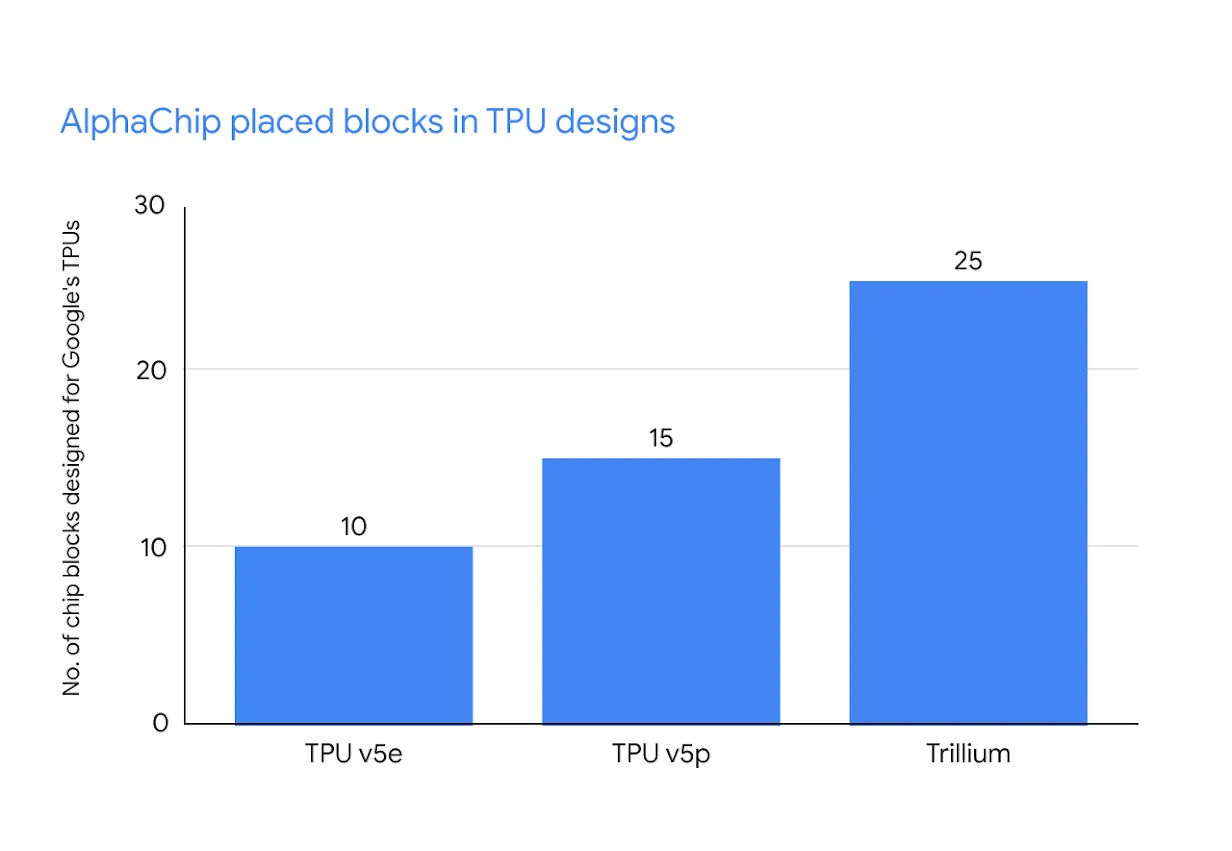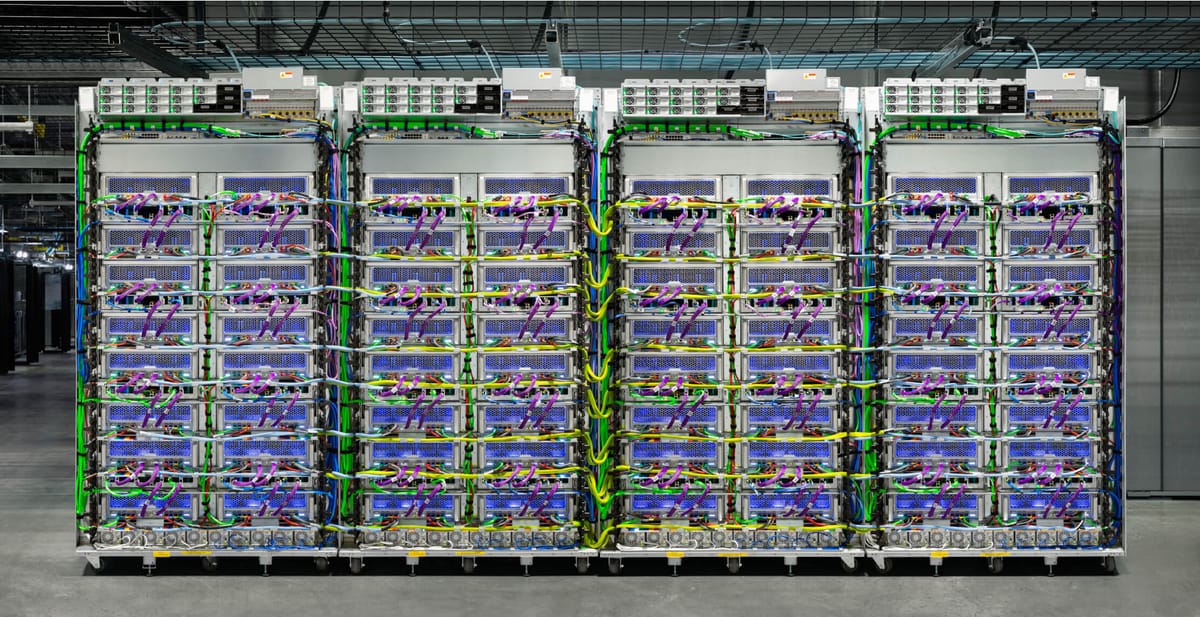AlphaChip—that’s what Google DeepMind is officially calling its open-source method that uses AI to accelerate and optimize chip design. This innovative approach is already being used in production and transforming the landscape of computer chip manufacturing. Today, the company is publishing a Nature addendum and releasing a pre-trained checkpoint.
The technique behind AlphaChip was first introduced in 2020 and has since become an integral part of designing the Tensor Processing Units (TPUs) that power Google’s AI models. Notably, it played a crucial role in developing Trillium, Google’s sixth-generation TPU, which delivers nearly five times the peak performance of its predecessor, double the bandwidth, and a 67% improvement in energy efficiency. The speed and accuracy with which AlphaChip generates layouts far exceed traditional methods, compressing months of work into hours.

Beyond TPUs, AlphaChip has also designed layouts for other critical hardware, including Google’s Axion processors, the company’s first Arm-based data center CPUs. Its broad impact is already being felt across Alphabet’s projects and even within the wider chip design industry. MediaTek, for example, extended AlphaChip to accelerate the development of its Dimensity 5G chips used in Samsung smartphones.
The key to AlphaChip’s success lies in its reinforcement learning approach. Like Google DeepMind’s AlphaGo, which mastered the game of Go, AlphaChip treats chip design as a puzzle, placing one component at a time and learning from each step. As it gains experience, the AI model becomes faster and more accurate, eventually surpassing human expertise in generating highly optimized layouts. AlphaChip is capable of designing chips for a wide range of applications, from data centers to mobile devices.
The potential of AlphaChip goes far beyond current applications. Google DeepMind envisions using AI to create chips that are not only faster and cheaper but also more sustainable. This could pave the way for new AI-powered technologies in a wide range of devices, from smartphones and medical equipment to agricultural sensors.
As chip design grows increasingly complex, methods like AlphaChip could be key to maintaining the rapid pace of technological advancement. With future versions of AlphaChip in development, we may be entering a new era of chip design, where AI-designed chips power the next generation of AI models, creating a virtuous cycle of innovation.

